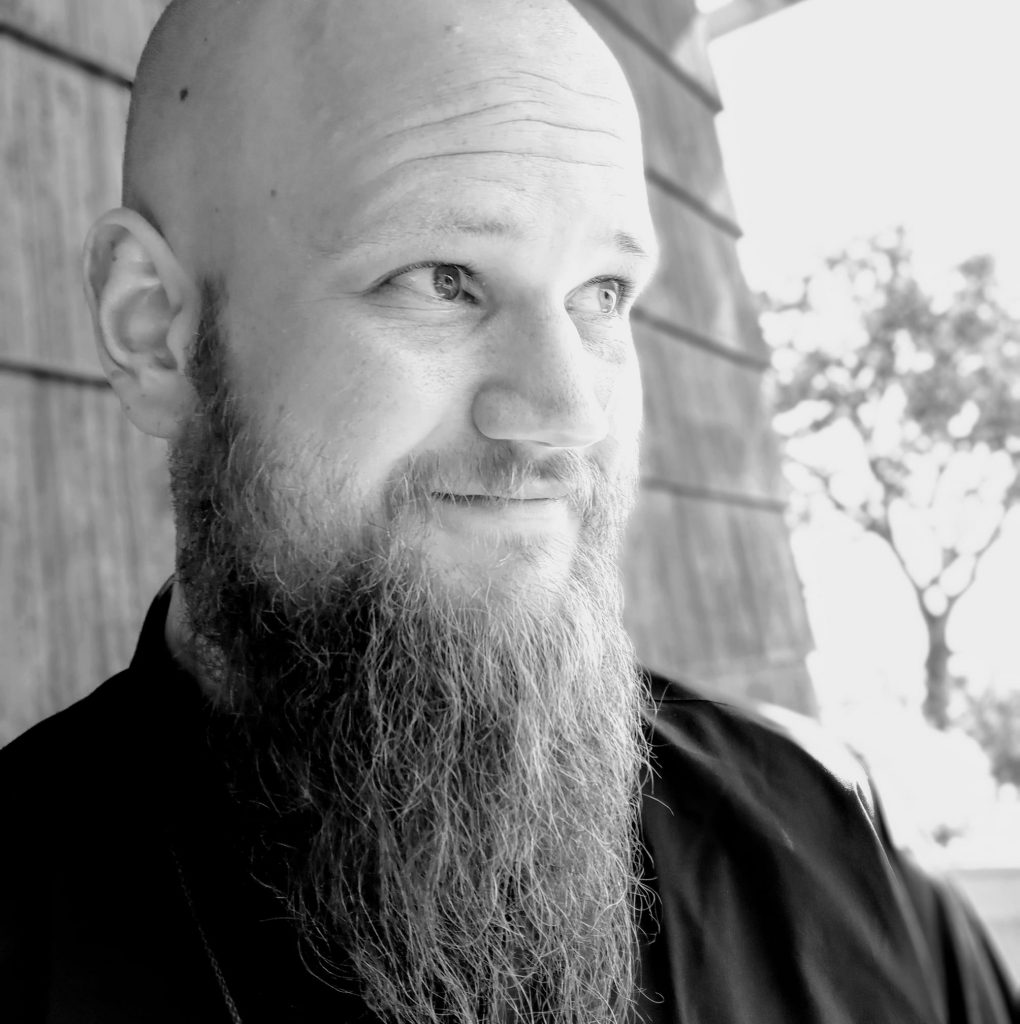
In all cultures that I am aware of, there’s a traditional holiday that celebrates the “harvest”. There’s something incredibly grounding and even healing about congregating in celebration of the blessings we receive in our lives.
When l look back at my life, I am filled with gratitude. Unfortunately, this is not the case for everybody, with no fault of their own. Life can feel like a curse, not a blessing.
Are we actually more or less blessed at different times? Should we be thankful to God in crisis?
I often have looked back at a crisis, and in retrospect, I was grateful for it, considering its overall impact as a whole. But tell that to someone who is facing a deep, existential crisis, trauma, or loss…
An attitude which many of us probably felt at times is “Why does he put me through this, why does he have the audacity to expect gratitude?”
I think part of what we sometimes get hung up on, is that whether we are conscious or not, we’re anthropomorphizing God to a problematic degree. Culturally, we often still have the deeply ingrained image of God as the grumpy benefactor, and humanity as perpetually in debt to their creator, expected to worship and obey him/her/it blindly.
Throughout history, people have felt that they had to perform specific rituals, usually including some kind of sacrifice, to appease their deity. A payment, if you will, that makes a specific group of people deserving of blessing as a reward for their display of humility. Of course we all know how deeply rooted this idea of debt and payment still is in much of Christianity. And it’s hard to shake off.
I don’t think that that’s the God that Swedenborg claimed to be encountering. In Swedenborg’s writings, I see a God who transcends our human notion of “giving and receiving”, loaning, debt, mortgages, sacrifice and punishment for sin. I see a God who loves. Blesses Unconditionally, not asking anything in return, a divine force which can do nothing BUT bless. Constantly. Unconditionally. A God who is UNABLE and UNWILLING to punish, judge, or condemn. To thank God for what we see as blessings, then, would imply that he had the choice not to bless us to begin with. But there is no such thing as a non-blessing God.
So, there really is no need to “thank God” for what we perceive as blessings. Or is there?
“The Lord saves humanity out of mercy alone, and that does not demand any praise or thanks in return for His Divine benefits. This is made clear by the state of souls, spirits and angels, who are not able to think, say, or do anything except by the permission and grace of the Lord. Of their own power they can do nothing, and no praise, nor thanksgiving, can come from them. If a spirit has a mind to give thanks, they are entirely unable, except with clear permission and grace; so praise and thanks are the Lord’s. But these matters were clearer to me by the spiritual idea that the Lord does not demand anything at all from souls, spirits and angels in return for His Divine benefits.“ (1)
–Spiritual Experiences §2098
According to Swedenborg, angels, who are basically humans elevated out of time and space, closer to the divine, are not even able to thank God. It’s kind of puzzling. They understand that everything good they do is actually the Lord, the Divine itself manifesting. So to thank God would literally be like God thanking him/her/itself.
It goes much deeper than this, though. So many times, I find, with Swedenborg, old concepts have to kind of be broken up and deconstructed for us to fully appreciate the “New Church” concept. This is part of what Swedenborg calls vastation. He elaborates on this whole concept of gratefulness, and the significance it DOES have.
In Secrets of Heaven §5957, he writes:
“The Lord does indeed desire humility, praise, thanksgiving, and many other such things from us, which may appear like re-payments, and thus not gratuitous; but the Lord does not desire these things for His own sake, for the Divine has no glory from man’s humiliation, adoration, thanksgiving, and such things. In the Divine, anything of the love of self is utterly inconceivable -that such things should be done for God’s own sake-; but they are for the sake of ourselves; for when we are in humility we can receive good from the Lord, because he has then been separated from the love of self which is the obstacle; and therefore the Lord desires a state of humility and gratitude in us for our own sake; because when we are in this state the Lord can flow in with heavenly good.”
In Swedenborg’s view, our purpose in life is not to worship and serve an abstract idea of a demanding and transactional deity. Our purpose is to be united to God and each other by means of being vessels and distributors of love and wisdom. And it is by means of an attitude of gratefulness, of humility and of the celebration of life in all its fullness that we realize this union. The spiritual practice of gratitude is not something we do for God. It is something we do to elevate ourselves into a spiritual state of humility which then enables us to embody the divine in a life of active love.
All spiritual traditions have experienced how the practice of gratitude can be one of the most uplifting spiritual exercises. Being aware of one’s blessings, and their source, puts us in touch with the divine. Opens our eyes to the reality of unconditional divine love and endless benevolence. I believe that this was one of the main things Christ is trying to get across in the Gospel narratives. That God’s love is NOT a transaction.
So when we engage in this sacred practice called gratitude, let’s remember that God’s blessing IS unconditional. And there is absolutely nothing we can do, or not do, that would make God’s blessing any more or less effective to us.
This week, and always, let us try and practice gratitude. Let us thank the Divine, the ultimate reality, the creator and sustainer of life, not because we have to, but out of the desire which underlies our process of regeneration: a conscious embrace of love and wisdom, aka God, where ever they may manifests.
This year, let us re-think what it means to give thanks. And then do it all the more joyfully and humbly.
(1) Swedenborg, Emanuel. The Spiritual Diary. London: Swedenborg Society. 2002
(2) Swedenborg, Emanuel. Arcana Coelestia. West Chester, PA: Swedenborg Foundation, 1998.

Rev. Thom Muller is pastor at the Swedenborgian Society of the East Bay at Hillside, an Urban Sanctuary, in El Cerrito, CA, as well as senior editor of Our Daily Bread. His passions include the intersection of spirituality and psychology, interfaith theology, and the Western esoteric tradition. A native of Germany, Rev. Muller was ordained into the ministry of the Swedenborgian Church of North America in 2016, upon receiving his theological education at Bryn Athyn College of the New Church and the Center for Swedenborgian Studies and Pacific School of Religion at the Graduate Theological Union in Berkeley.